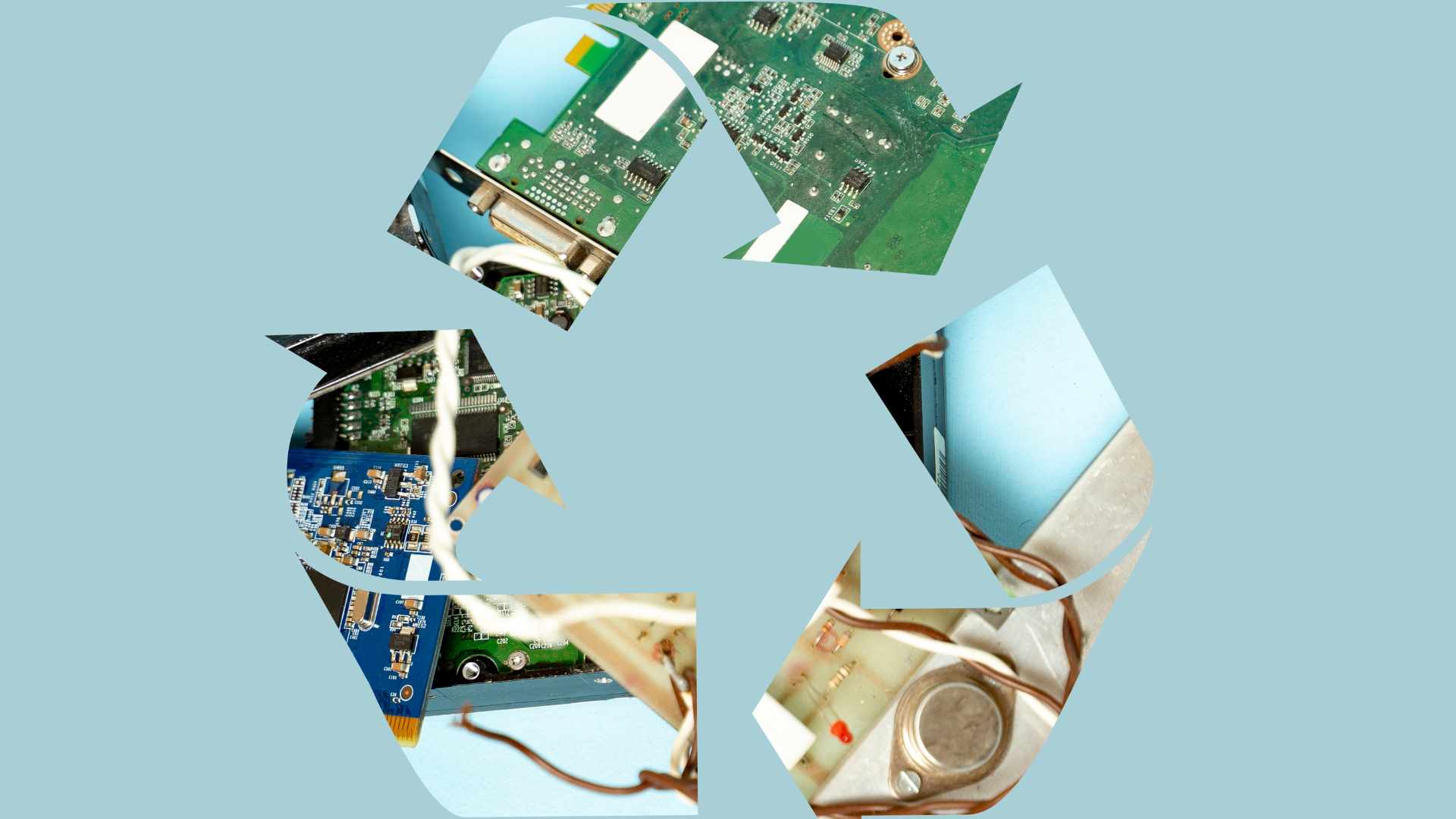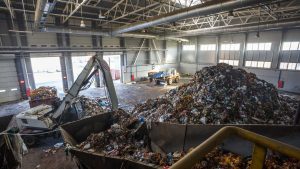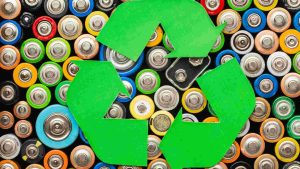![]()
Export Licensing in the E-Waste Industry
The electronic waste (e-waste) industry has witnessed exponential growth in recent years due to the rapid advancement of technology and the increasing consumption of electronic devices globally. However, this surge in e-waste generation has raised concerns about environmental sustainability and the need for effective waste management practices. In many countries, including India, the Directorate General of Foreign Trade (DGFT) plays a crucial role in regulating and controlling the export of e-waste through a comprehensive licensing framework.
The DGFT, under the Ministry of Commerce and Industry in India, is responsible for formulating and implementing foreign trade policies. In the context of e-waste, the DGFT has established specific guidelines and procedures to govern its export, ensuring that it aligns with environmental norms and international agreements.
Overview of Export Licensing in the E-waste Industry
Exporting e-waste is a complex process that involves compliance with various domestic and international regulations. The DGFT focuses on creating a regulatory framework that addresses environmental concerns while promoting legitimate trade in electronic waste. The key elements of export licensing in the e-waste industry from a DGFT perspective can be summarised as follows:
Authorisation and Registration:
Before engaging in the export of e-waste, entities are required to obtain authorisation from the DGFT. This involves obtaining a valid Importer-Exporter Code (IEC) and registering with the appropriate regulatory bodies. The registration process is designed to ensure that only authorised and compliant entities participate in the e-waste trade.
Basel Convention Compliance:
The Basel Convention is an international treaty that regulates the transboundary movements of hazardous waste, including specific categories of e-waste. India is a party to the Basel Convention, and the DGFT ensures that e-waste exports comply with its provisions. Exporters must provide evidence of conformity with the environmentally sound management (ESM) guidelines outlined in the convention.
Categorisation of E-waste:
The DGFT classifies e-waste into different categories based on its nature, composition, and potential environmental impact. The categorisation is crucial for determining the licensing requirements and the applicable regulations for each type of e-waste. Common categories include obsolete electronic equipment, scrap from electronic manufacturing processes, and end-of-life electronic appliances.
Quantity Restrictions:
Export licenses issued by the DGFT specify the quantity of e-waste that can be exported by an entity. These restrictions are in place to prevent over-exploitation and to ensure that the exported quantity aligns with the waste management capacities of the destination country. Adherence to these restrictions is essential for sustainable e-waste management.
Documentation and Reporting:
The DGFT mandates comprehensive documentation to facilitate transparency and traceability in the e-waste export process. Exporters must submit detailed records, including manifests, certificates of origin, and Basel Convention documents. Regular reporting to the DGFT on the volume and destination of exported e-waste helps in monitoring compliance.
Due Diligence on Recyclers:
To ensure that exported e-waste is processed in an environmentally responsible manner, the DGFT encourages exporters to conduct due diligence on the recycling facilities in the destination country. This involves verifying the recycling methods employed, adherence to environmental standards, and compliance with local regulations.
Conclusion
Export licensing in the e-waste industry, as viewed from the DGFT perspective, emphasises the need for a comprehensive and sustainable approach. Striking a balance between promoting legitimate trade and safeguarding environmental interests is crucial. The DGFT’s role in categorisation, quantity restrictions, and compliance with international conventions underscores its commitment to responsible e-waste management. As the e-waste industry continues to evolve, collaboration between governments, industry stakeholders, and international bodies remains essential to address emerging challenges and ensure the long-term sustainability of the sector.





